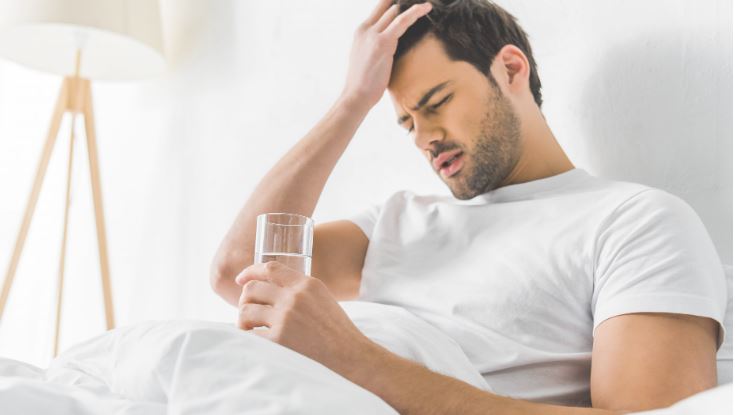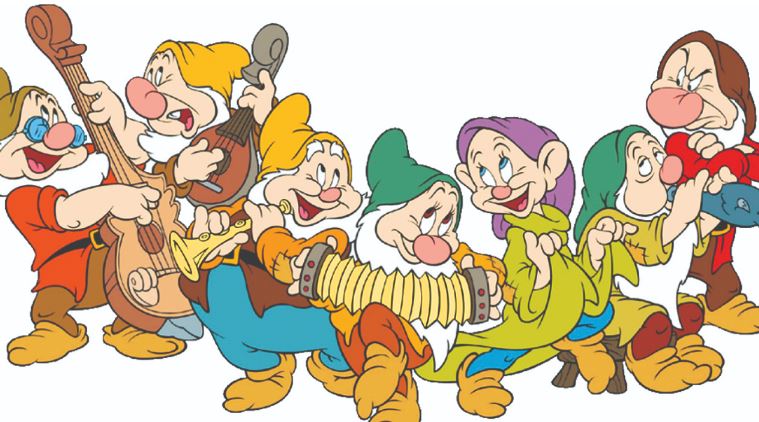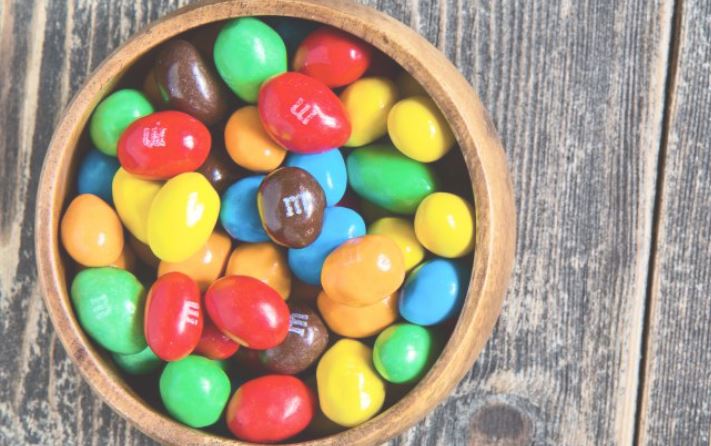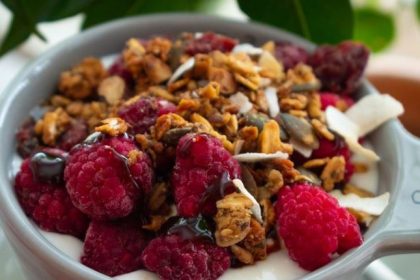Have you ever wanted to call out of work because of a hangover? You’re not alone. A hangover can cost someone around $2000 a year from missing work or not performing well. If you go to work hungover, it can also increase accident risk because your judgment may still be impaired.
Carbonation makes hangovers worse.
If you love bubbly drinks, they may be the reason your hangovers are so bad. The carbonation makes alcohol absorb into your bloodstream quicker, which will increase your blood alcohol content. Your body is going to have to work harder to break it down, which can result in a much worse hangover than you anticipated. If you have important things to take care of the next day, maybe skip the hard seltzers.
Smoking is bad for health and hangover.
When you’ve had a night out and find your cigarette pack empty, you’ve probably got a killer hangover. Cigarettes produce a chemical called acetaldehyde, which is considered one of the culprits in alcohol for hangovers. So, when you smoke while you drink, you’re getting a double dose of it. Smoking may also cause you to drink more to get the feel-good effect of a cigarette.
Dark liquors cause bad hangovers.
Ever heard that drinking red wine will give you a splitting headache the next day? Well, there’s science behind this theory. Darker alcohols such as red wine, whiskey, and rum have higher amounts of congeners, which are responsible for hangover symptoms. Congeners are byproducts of the fermentation process that occurs when alcohol is made. So, if you tend to get horrendous hangovers, swap the bourbon for vodka.
Genetics affect hangovers.
Your grandmother may be to blame when you spend your morning hugging the toilet. Since hangover severity is reliant on how your body metabolizes alcohol, your genes play a role. There are genes that are responsible for breaking down alcohol, and your friend who is never hungover probably has them. For example, many Asians do not produce enough of the needed enzyme, which can result in worse hangovers.
You might be experiencing withdrawal symptoms.
Bad hangover symptoms could also be alcohol withdrawal symptoms. These symptoms can include shakiness, sweating, light sensitivity, etc.
Some suggest that a hangover is a mild type of alcohol withdrawal. Your body is working hard to get the toxins out and return you to your natural state. It’s also important to remember that if you’re experiencing these symptoms you should not continue drinking to make them go away. The hair of the dog method is a temporary bandaid that can make everything worse later on!
Women may have worse hangovers.
When it comes to hangovers, women may have it worse than men. This is due to the water content in our bodies. We’ve all heard that the human body is around 80% water, but it’s different between men and women. Women typically have less water in the body and more fat. Women also tend to weigh less than men, so they become intoxicated more easily. Ladies, make sure to pace yourself with the drinks!
Supplements may help.
It may be possible to relieve hangover symptoms with supplements. It’s important to keep in mind that there is limited research on this, but some studies have shown that certain supplements may help.
Prickly Pear
Prickly pear is a cactus that’s native to Latin America. It’s high in antioxidants, fiber, and carotenoids. Research shows that since prickly pear has anti-inflammatory properties, it may help with a hangover.
Ginseng
Research has also shown that ginseng may help alleviate hangover symptoms. The active ingredient in ginseng, ginsenosides, has anti-inflammatory properties that could help with hangovers, as well. A study showed that taking red ginseng may increase alcohol metabolism and alleviate the symptoms of a hangover. There are lots of hangover pills on the market that contain both of these ingredients and more.
Hangovers and inflammation go hand in hand.
Something many people don’t think about when it comes to hangovers is inflammation. Alcohol releases cytokines, which are inflammatory molecules that can wreak havoc on the liver. Cytokines are responsible for making you feel sick during a hangover. When you consume a large amount of alcohol, you may experience inflammation.
Your headache is because your brain is thirsty.
It’s no news that hangovers cause dehydration. What may be news is that drinking alcohol dehydrates your brain. Alcohol can suppress the hormone that helps your body retain water. Without it, you lose more water, mostly from your brain. This is why you typically wake up with a splitting headache after a night of one too many.
Final Thoughts
The bottom line is that hangovers are never fun. Taking some time to understand the how and why of them may make your life easier the next day. Or, you and your headache will at least have a mutual understanding. Have fun, and drink responsibly!



